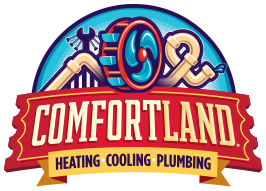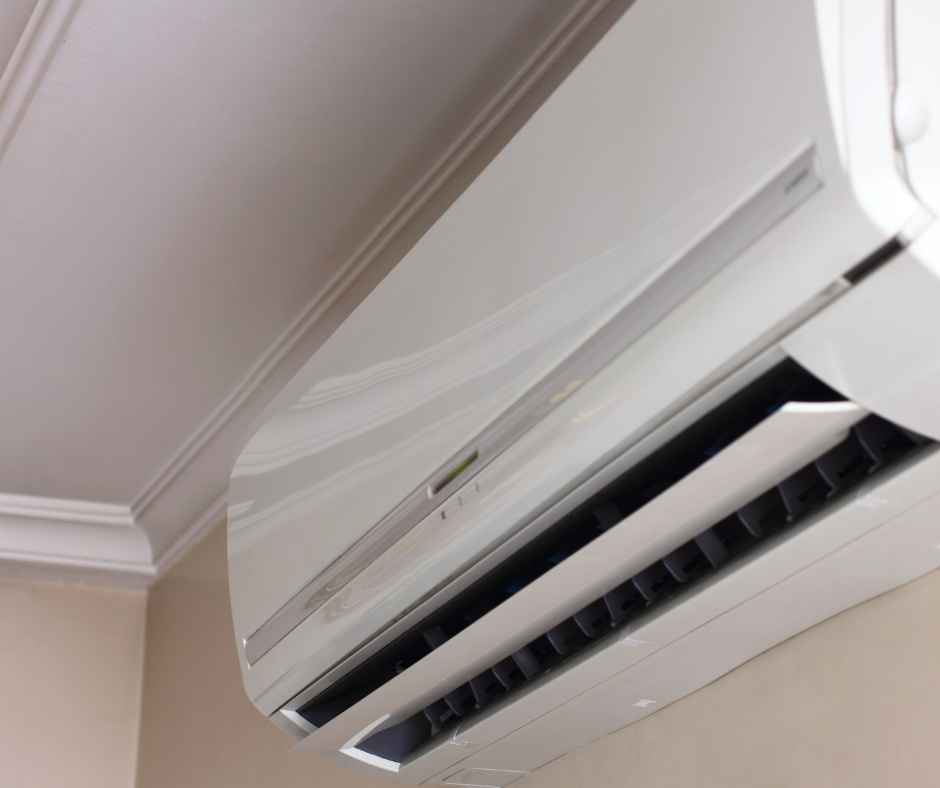
A split system air conditioner is a popular choice for many homeowners seeking efficient and effective cooling solutions. But what exactly is a split system air conditioner? In this blog, we’ll dive into the details, explaining how it works, its benefits, and why it might be the right choice for your home.
Understanding Split System Air Conditioners
Components of a Split System
A split system air conditioner consists of two main components:
- Indoor Unit: This unit, often mounted on a wall, contains the evaporator coil and a fan. It is responsible for absorbing heat from the room and blowing cool air back into the living space.
- Outdoor Unit: This unit houses the compressor, condenser coil, and a fan. It expels the heat absorbed from the indoor unit to the outside environment.
How It Works
The indoor and outdoor units are connected by refrigerant lines. The refrigerant circulates between the indoor and outdoor units, absorbing heat from inside your home and releasing it outside. This process cools the indoor air and maintains a comfortable temperature.
Benefits of a Split System Air Conditioner
Energy Efficiency
Split system air conditioners are known for their energy efficiency. They can cool specific areas or rooms, reducing energy consumption compared to central air conditioning systems that cool the entire house. Many split systems also come with high SEER ratings, indicating superior energy efficiency.
Easy Installation
Unlike traditional ducted systems, split systems do not require extensive ductwork. This makes installation simpler and less invasive. The indoor unit can be installed in a variety of locations, offering flexibility in design and placement.
Quiet Operation
Split system air conditioners are quieter than other types of air conditioning systems. The noisy components, such as the compressor, are located in the outdoor unit, ensuring that the indoor environment remains peaceful and quiet.
Zoned Cooling
Split systems offer the advantage of zoned cooling, allowing you to control the temperature in individual rooms or areas. This feature is particularly useful in larger homes where different areas may have varying cooling needs.
Types of Split System Air Conditioners
Single-Split Systems
Single-split systems are ideal for cooling a single room or a specific area. They consist of one indoor unit and one outdoor unit. These systems are perfect for smaller homes or apartments.
Multi-Split Systems
Multi-split systems can cool multiple rooms or areas with a single outdoor unit connected to multiple indoor units. This setup is efficient for larger homes with multiple zones requiring different temperature settings.
Maintenance of Split System Air Conditioners
Regular Cleaning
To ensure optimal performance, it’s important to clean the filters, coils, and other components of your split system air conditioner regularly. This helps maintain airflow and efficiency.
Professional Servicing
Regular professional maintenance is crucial for the longevity and efficiency of your split system air conditioner. Technicians can identify and fix potential issues before they become major problems, ensuring your system runs smoothly.
Call Comfort Land Today
A split system air conditioner offers numerous benefits, including energy efficiency, easy installation, quiet operation, and zoned cooling. Whether you need to cool a single room or multiple areas, split systems provide a versatile and effective solution.
At Comfort Land, we specialize in split system air conditioner installation and maintenance in the Dallas-Ft. Worth area. Our team of experts is here to help you choose the right system for your home and ensure it is installed and maintained correctly. Contact us today to learn more about our services and to schedule a free consultation!
Recent News
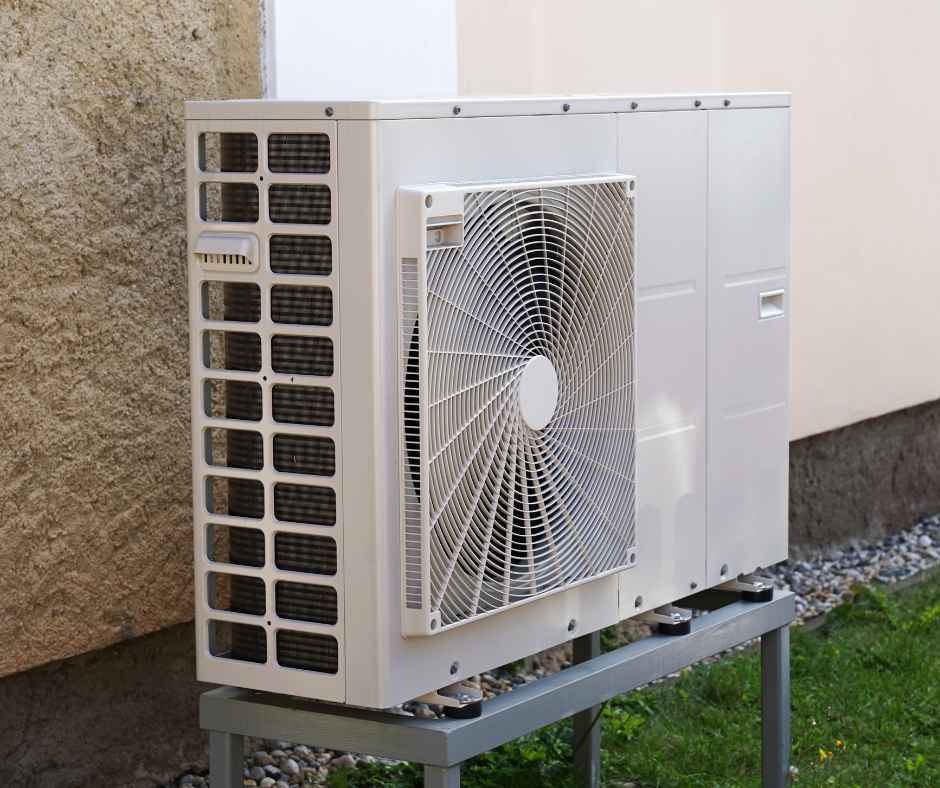
Do You Need Emergency Heat in Dallas?
Read More
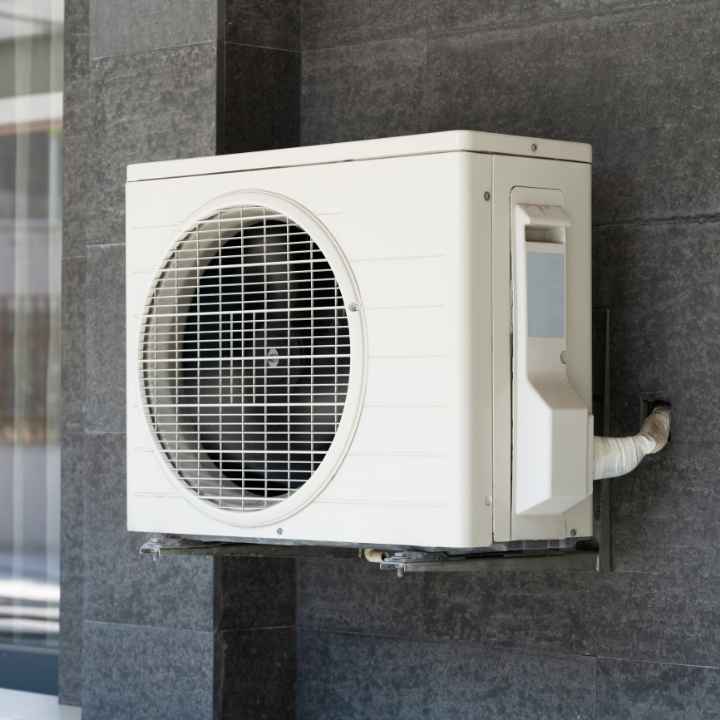
Why Is My Heat Pump Freezing Up?
Read More

How to Improve Heating Efficiency in Dallas
Read More
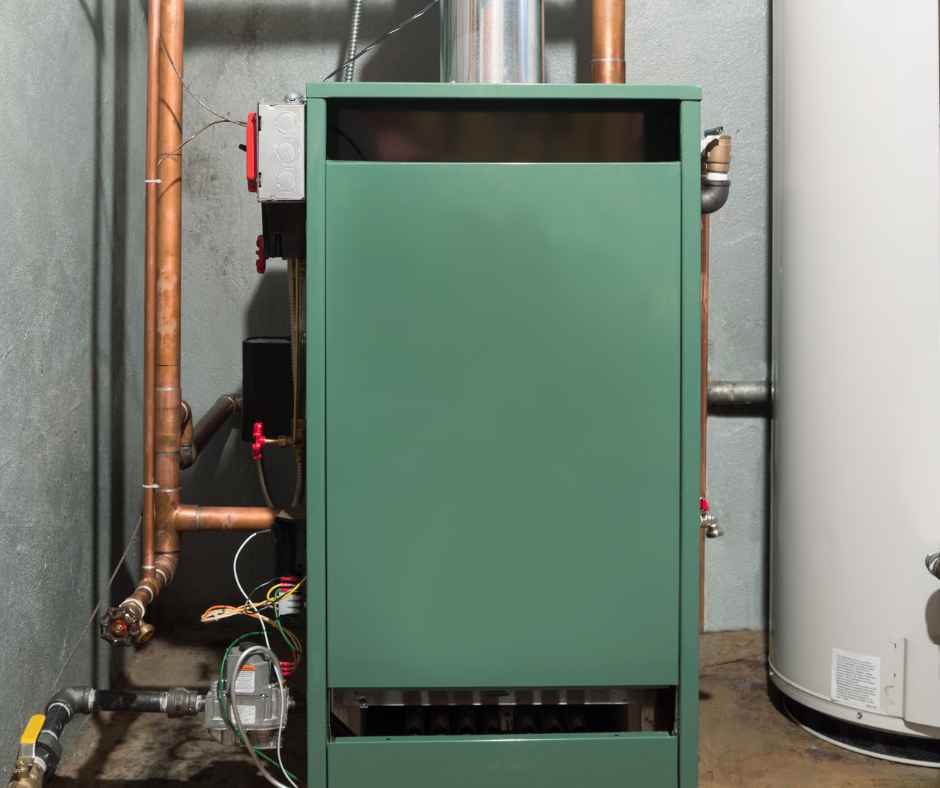
Is a Heat Pump or Furnace Better for Dallas? A Homeowner’s Guide
Read More
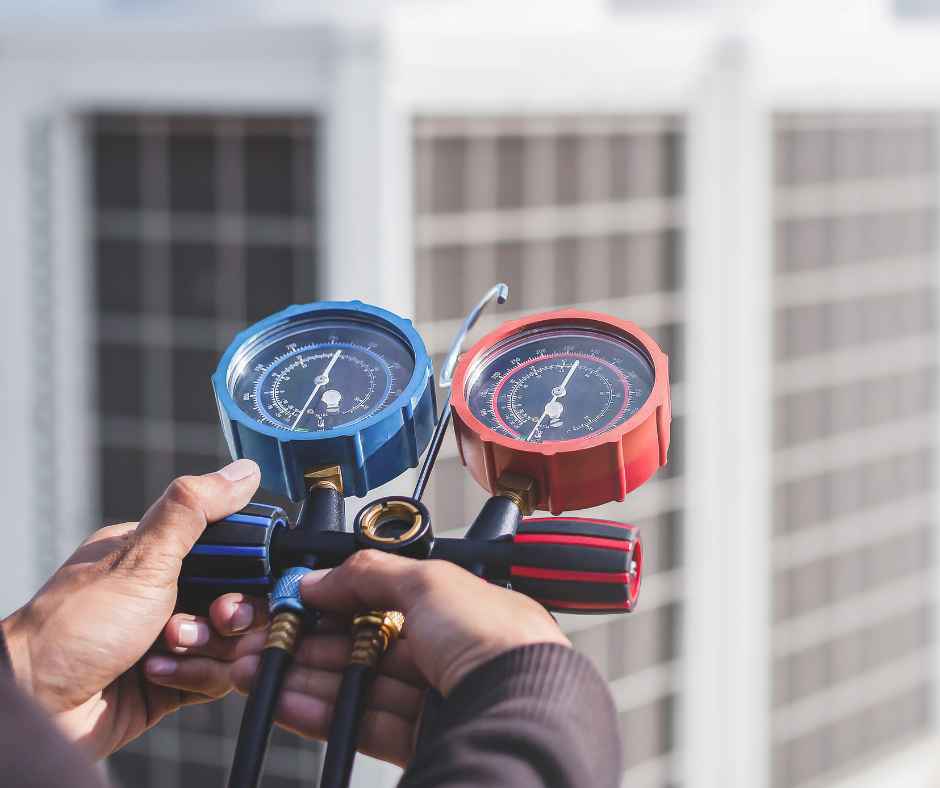
How Many BTU Do I Need?
Read More

Preparing Your Dallas Home for Winter: Essential HVAC Maintenance Tips
Read More

What MERV Rating Should I Use?
Read More
